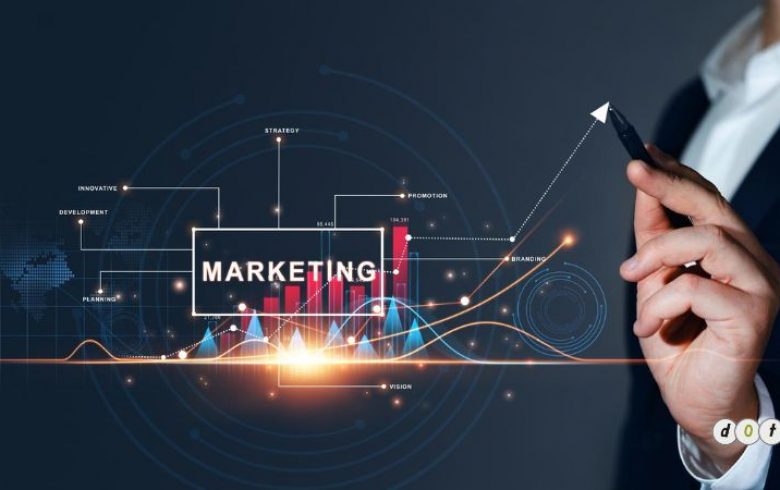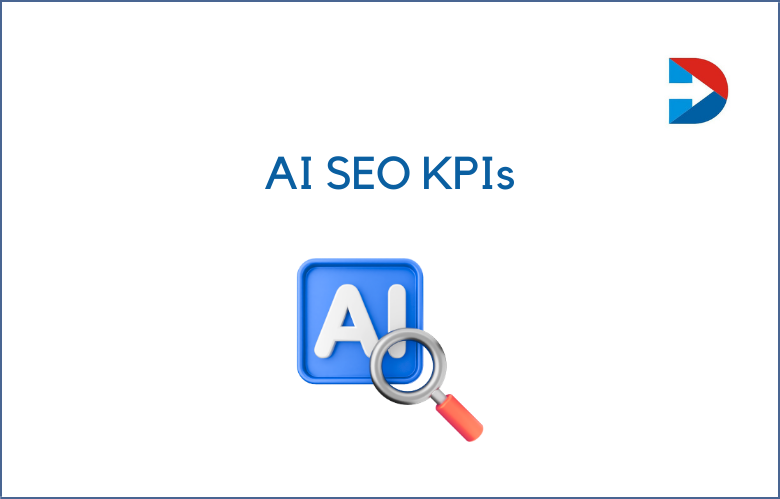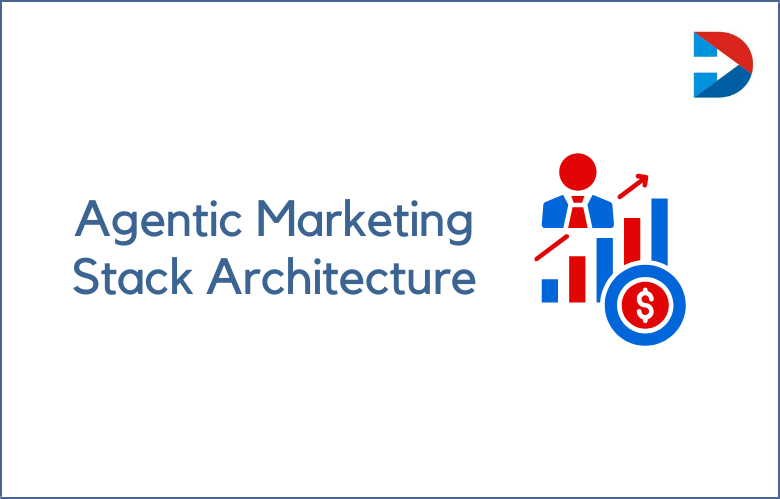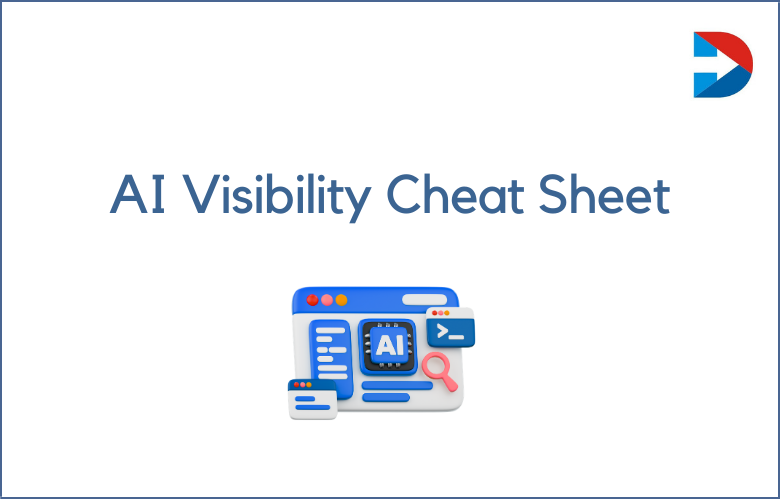
In today’s digital world, having an effective software as a service (SaaS) marketing strategy is essential for businesses of all sizes.
SaaS marketing allows you to reach your target customers quickly and cost-effectively while providing valuable insights that can help you improve your product or service.
However, not all SaaS marketing strategies are created equal. It would help to focus on a critical approach to maximize your lead generation and conversions. Let’s take a look at some of the most important ones.
Software-as-a-service (SaaS) has grown in popularity over the past decade, and its marketing strategies have kept pace.
As more companies offer software solutions as a service, knowing how to market your product effectively is essential.
We’ll review some of the most effective SaaS marketing tactics to help you generate leads and conversions.
The Importance of Content Marketing for SaaS Companies
Content marketing is becoming increasingly important for companies with SaaS (software as a service).
Content marketing allows companies to target customers in new, innovative ways and build relationships.
It can also help businesses spread awareness of their products and services, creating more traffic, leads, and customers.
Content marketing is about providing value to the customer by offering helpful, relevant content they can use and learn from.
Content can be articles, white papers, ebooks, podcasts, or videos – these formats can educate customers about your product or service.
By engaging customers with exciting and informative content, you create an opportunity for them to become more familiar with your company’s solutions and offerings.
Understanding the SaaS Sales Funnel: How to optimize for success
The software-as-a-service (SaaS) sales funnel is essential for understanding customers’ journey from awareness to decision.
It can help you pinpoint where customers might be getting stuck and where you can optimize for success.
To understand the SaaS sales funnel, it is essential to identify each journey stage. The stages are typically Awareness, Consideration, Purchase, and Renewal.
In the Awareness stage, potential customers become aware of your product through advertisements, content marketing, or word of mouth.
Your goal in this stage is to introduce your product to potential customers and let them know what makes it unique and valuable.
The Consideration stage focuses on showcasing your product’s features and how they compare to competitors.
You can demonstrate how your product meets customer needs through case studies, demos, and reviews. This helps users move closer to making a purchase decision.
SaaS Marketing vs. Traditional Marketing: Which is more effective
SaaS (Software as a Service) Marketing and Traditional Marketing are both practical and necessary in today’s business world.
Each has advantages and disadvantages, so deciding which is more effective will depend on your company’s specific needs.
Traditional marketing involves advertising through television and radio, print media such as newspapers and magazines, direct mail campaigns, outdoor advertising, public relations efforts, sales promotions, guerrilla marketing tactics, and face-to-face contact.
It has a broad reach but can be expensive to implement. It also needs the ability to measure results quickly and accurately.
While traditional marketing involves the direct promotion of products in print, television, radio, and other offline channels,
SaaS marketing delivers targeted digital content through website search engine optimization (SEO), social media, email campaigns, and more.
Each strategy has its unique features that can help businesses drive sales.
Traditional marketing tends to be one-dimensional since it relies solely on conventional methods such as advertising on television or radio.
It can also be expensive due to the costs associated with creating and running advertisements.
SaaS Marketing Best Practices for Small Businesses
Small businesses increasingly turn to software as a service (SaaS) solutions for their business needs.
However, when it comes to marketing these solutions, many small businesses need help.
This is because SaaS solutions have unique challenges that must be addressed to reach potential customers and successfully generate sales effectively.
When developing your SaaS marketing strategy, it is essential to consider the following best practices:
Focus on the Benefits: Because the market for SaaS solutions is crowded, you need to differentiate yourself from competitors by emphasizing the value your solution provides users.
When creating content for your website or other materials, communicate how your solution solves problems and improves customers’ everyday lives.
Highlight Your UVPs: Unique Value Propositions (UVPs) set your product apart from the competition and make it desirable to potential buyers.
Ensure that any UVPs are highlighted during marketing campaigns so potential customers understand why they should choose you over competing solutions.
Leverage User Reviews: Positive reviews from existing users can serve as powerful social proof that helps convince prospects of the value of your product and encourages them to become paying customers.
Consider building a platform where users can leave feedback and reviews about your product so potential buyers can see why others have succeeded.
Utilize Automation: Automation platforms like HubSpot or Marketo allow you to streamline multiple aspects of your
SaaS marketing strategies, such as email campaigns, social media advertising, and lead generation activities, without extensive manual intervention.
Utilizing automation tools saves time and reduces costs associated with hiring additional personnel for manual tasks related to marketing operations.
Invest in SEO: Search engine optimization (SEO) is essential to any effective digital marketing strategy for SaaS solutions because it increases visibility on search engine results pages (SERPs).
Investing in SEO helps attract organic traffic, which has a high conversion rate compared to paid advertisements or other tactics— making it worth taking the time needed to optimize websites and content assets accordingly.
The Role of SEO in SaaS Marketing
Software-as-a-service (SaaS) is an increasingly popular business model providing customers on-demand access to cloud-based applications.
As businesses move away from traditional software models, marketing strategies must adapt to the changing landscape.
Search engine optimization (SEO) is an effective technique for driving organic traffic to SaaS websites, leading to greater brand exposure and, ultimately, more conversions.
For SaaS companies, SEO can help increase website visibility by ensuring links appear in search engine results pages (SERPs).
This requires optimizing content for both search engine crawlers and users alike. To achieve this, it’s essential to use keywords strategically in titles and headlines and within the body text.
In addition, proper use of header tags and internal links can further improve a website’s ranking on SERPs.
Maximizing ROI with SaaS Marketing Metrics
In today’s competitive software-as-a-service (SaaS) landscape, the success of any marketing campaign depends on its ability to generate leads and its capacity to yield a positive return on investment (ROI).
SaaS marketers must measure and track key performance indicators (KPIs) to meet such objectives.
Knowing which KPIs to target and how to measure them is essential for achieving maximum ROI from any SaaS marketing initiative.
Some of the most important metrics include customer acquisition cost (CAC), customer lifetime value (CLV), monthly recurring revenue (MRR),
Average contract value (ACV), usage rate, churn rate, renewal rate, conversion rate, and Net Promoter Score® (NPS®).
The benefits and challenges of in-house SaaS Marketing
Fewer Pesticides
One of the primary benefits of organic foods is that they contain fewer pesticides.
Pesticides are chemicals that kill insects or other organisms that may harm crops. While pesticides can help increase crop yields, they can also harm human health.
Numerous studies have linked pesticide exposure to various health problems, including cancer, reproductive issues, and neurological problems.
More Nutritious
Organic foods have also been shown to be more nutritious than non-organic foods.
A study published in the British Journal of Nutrition found that organic fruits and vegetables contain higher levels of vitamins and minerals than their non-organic counterparts.
The study also found that organic foods contain higher levels of antioxidants, which are beneficial compounds that can help to protect the body against disease.
Better for the Environment
Organic farming practices are also better for the environment than traditional farming practices.
Organic farmers use crop rotation and cover crops to improve soil health, which helps reduce water pollution and soil erosion.
Organic farmers often use less energy than conventional farmers as they do not rely on synthetic fertilizers or pesticides, which require much energy to produce.
No Genetically Modified Organisms
Another benefit of organic foods is that they contain not genetically modified organisms (GMOs).
GMOs are plants or animals created through genetic engineering, a process in which genes from one organism are inserted into another organism to create a new variety with desired traits.
Some people believe that consuming GMOs may harm human health, as there is currently no long-term data on the safety of destroying them.
Animals are Treated Better
Organic standards also require that animals be treated better than those raised on conventional farms.
For example, organic chickens must have access to the outdoors, while those raised on traditional farms typically do not.
Organic cows must also be fed a diet free from growth hormones and antibiotics.
The power of Referral Marketing in SaaS
Referral marketing is a powerful tool for SaaS companies to leverage to drive more leads, increase customer retention, and create a steady stream of new customers.
With referral marketing, businesses can tap into the power of word-of-mouth advertising and use it to their advantage.
By offering rewards or discounts to those who refer new customers, companies can generate a steady flow of leads quickly and easily.
The benefits that come with referral marketing have been proven time and time again.
Studies have shown that customers acquired through referral marketing are usually more loyal than those earned through other methods, making them valuable long-term assets.
Customers referred by existing customers tend to stay longer and spend more money than those who stumbled upon the company’s website or saw an advertisement on social media.
Data Security and Privacy in SaaS Marketing: What You need to know
Data Security and Privacy in SaaS Marketing are essential for businesses of all sizes.
With the rising popularity of cloud-based software solutions, SaaS marketers must ensure that customer data is protected and secure.
Here are a few things you need to know about Data Security and Privacy in SaaS Marketing
First, it’s essential to understand what types of data are being collected from customers.
This includes personal information such as name, email address, physical address, and payment information.
It’s also essential to consider non-personal data such as preferences and usage patterns. All this data should be stored securely following industry best practices.
Second, develop a clear privacy policy that lays out how customer data will be used and how it will be kept secure.
Companies must also comply with all applicable privacy and data protection laws.
This includes adhering to the General Data Protection Regulation (GDPR) if they are operating in the EU or doing business with customers who live there.
Conclusion
You can maximize your reach and ensure your efforts pay off by utilizing intelligent SaaS marketing strategies such as creating engaging content, developing a robust social media presence, and focusing on SEO optimization.
Please pay attention to the power of these tactics; they are essential components of any successful digital marketing strategy!
With time and effort invested into implementing these tactics into your plan of action today, you’ll reap the rewards quickly!
In conclusion, there are several strategies that businesses can utilize when it comes to SaaS marketing, such as content creation, social media marketing, and paid search advertising, to name a few examples.
When done correctly, these strategies can help generate leads and drive conversions for businesses utilizing software as a service platform so that they can reach their full growth potential faster than ever before!
Regardless of where in their journey businesses may be at this point – whether they’re just getting started or already reaping the rewards of a successful launch – investing in quality SaaS marketing efforts will ensure maximum ROI moving forward!




